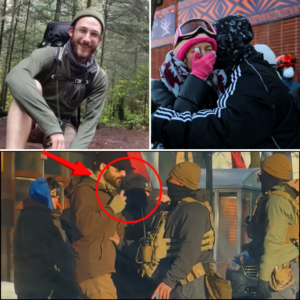Much like its predecessor, Dune: Part Two ends with an epic cliffhanger that feels more like the start of a new chapter.
Dune: Part Two finally hit theaters, and the highly anticipated film is a visually stunning epic tale with a rich narrative that undoubtedly captivates audiences from the moment it begins. Already widely critically acclaimed, Denis Villeneuve’s second movie in the science fiction saga begins exactly where the first film ended. With House Atreides in ruins, the Harkonnen have retaken control of Arrakis and its spice production. Unbeknownst to their enemies, Paul (Timothée Chalamet) and his mother, Lady Jessica (Rebecca Ferguson), are now among the Fremen and quickly envelop themselves within the desert community. Believed by Fremen leader Stilgar (Javier Bardem), as well as other Fremen, to be the Lisan al Gaib (messiah), Paul learns their ways while his mother becomes their new Reverend Mother at Stilgar’s behest.
After drinking the Water of Life, a deadly poison that is fatal to men and those outside the Bene Gesserit but a necessary part of the ritual of becoming a reverend mother, Lady Jessica assumes the memories of those who came before her. The poison also awakens the mind of her unborn daughter, whom she then converses with spiritually throughout the film. Jessica subsequently sets out to convert the nonbelievers of her son’s role in the prophecy. Meanwhile, Paul fights alongside Chani (Zendaya) and the other Fremen to disrupt the spice harvests. In the process, Paul and Chani develop a romantic relationship as Paul continues to renounce his identity as the Lisan al Gaib in the prophecy. However, he doesn’t retain such ideals for long.
Plagued with visions of a deadly future, Paul believes his journey to the South will ignite a Holy War. Because of this, he plans to stay in the North while the other Fremen proceed without him. After he’s reunited with Gurney Halleck (Josh Brolin), he discovers the location of House Atreides’ hidden atomic warheads, which offer the Fremen a significant upper hand in the fight against their oppressors. When the Harkonnen attack Sietch Tabr, killing nearly everyone, Paul and the other survivors are forced to travel south, which pushes Paul down the path he resisted for so long.
While in the South, Paul drinks the Water of Life and falls into a coma-like state on the verge of death. Chani, whose name means “desert spring,” arrives at his side, and her tears, mixed with the water, bring him back to life. All of which feeds into the fulfillment of the prophecy. Paul awakens with clear visions of the past and future and discovers Baron Vladimir Harkonnen (Stellan Skarsgård) is his maternal grandfather, a familial connection born out of the political moves of the Bene Gesserit. In the wake of his revelations, Paul’s drive to assume his role as the Lisan al Gaib takes shape. As such, he declares himself the leader of the Fremen and challenger to Emperor Shaddam IV (Christopher Walken).
Paul Defeats Emperor Shaddam IV
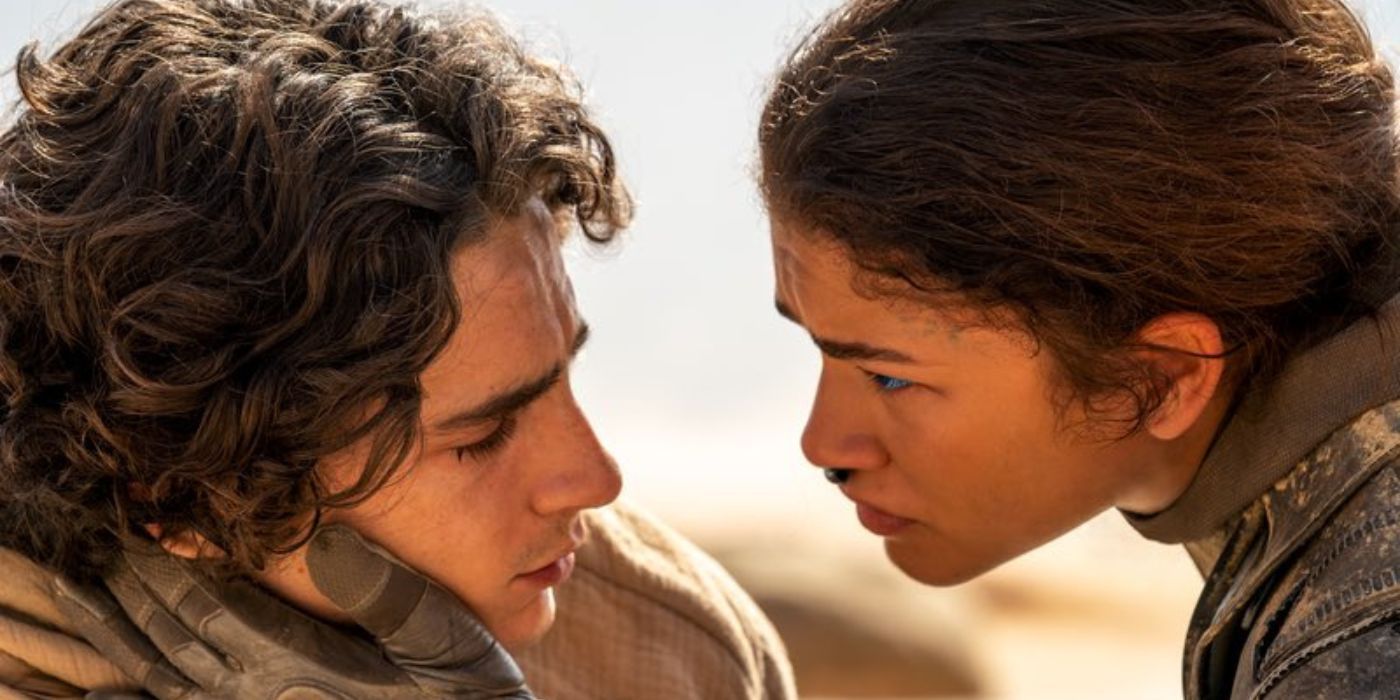
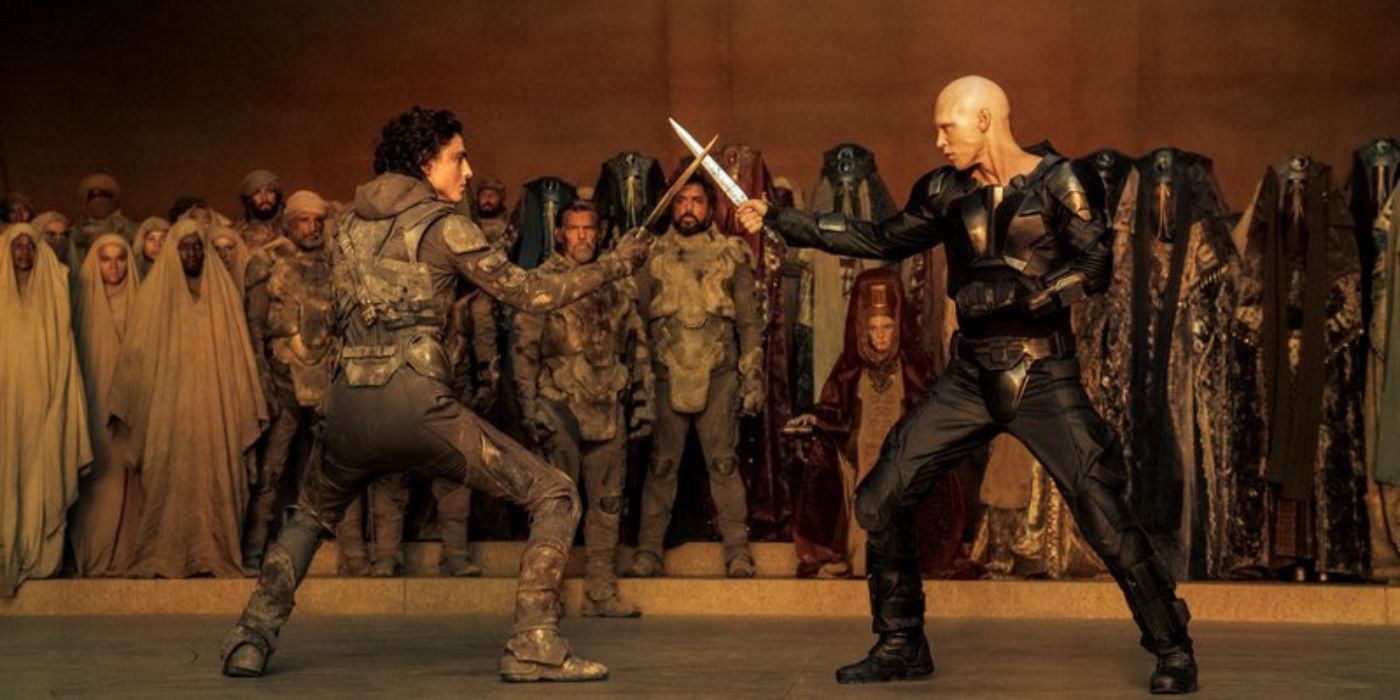

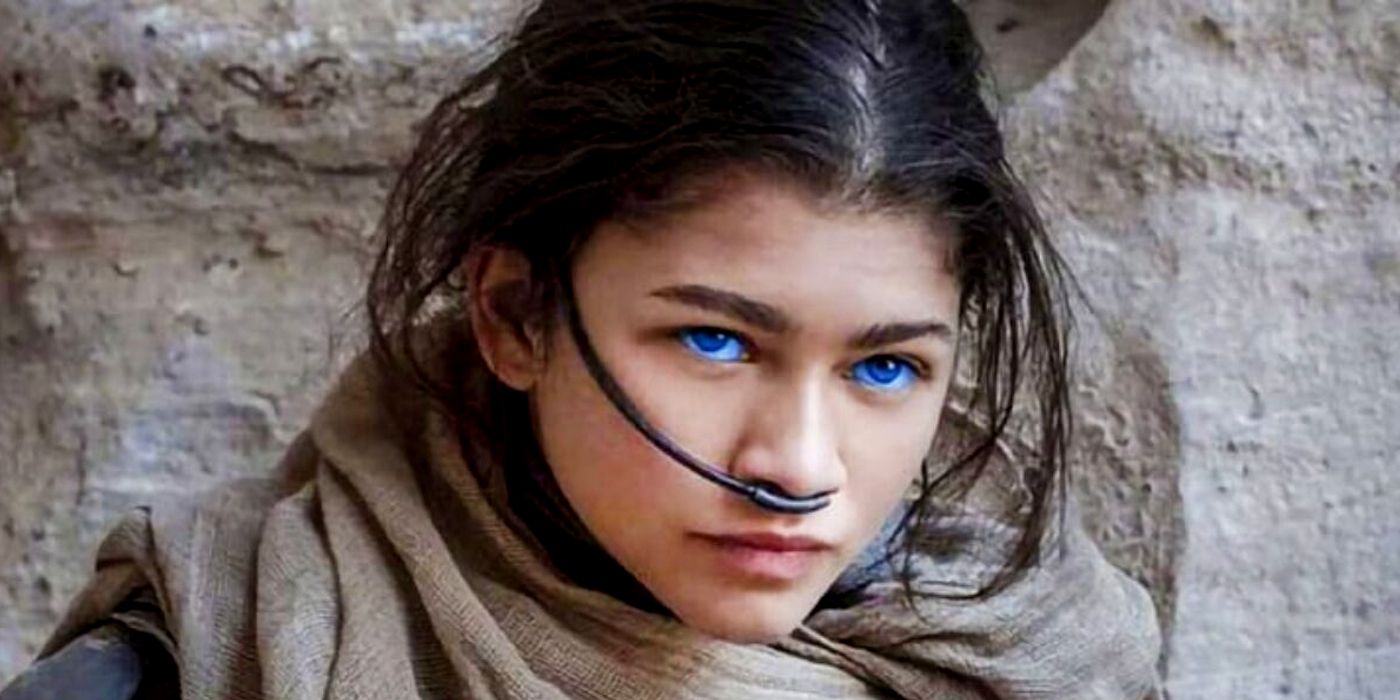
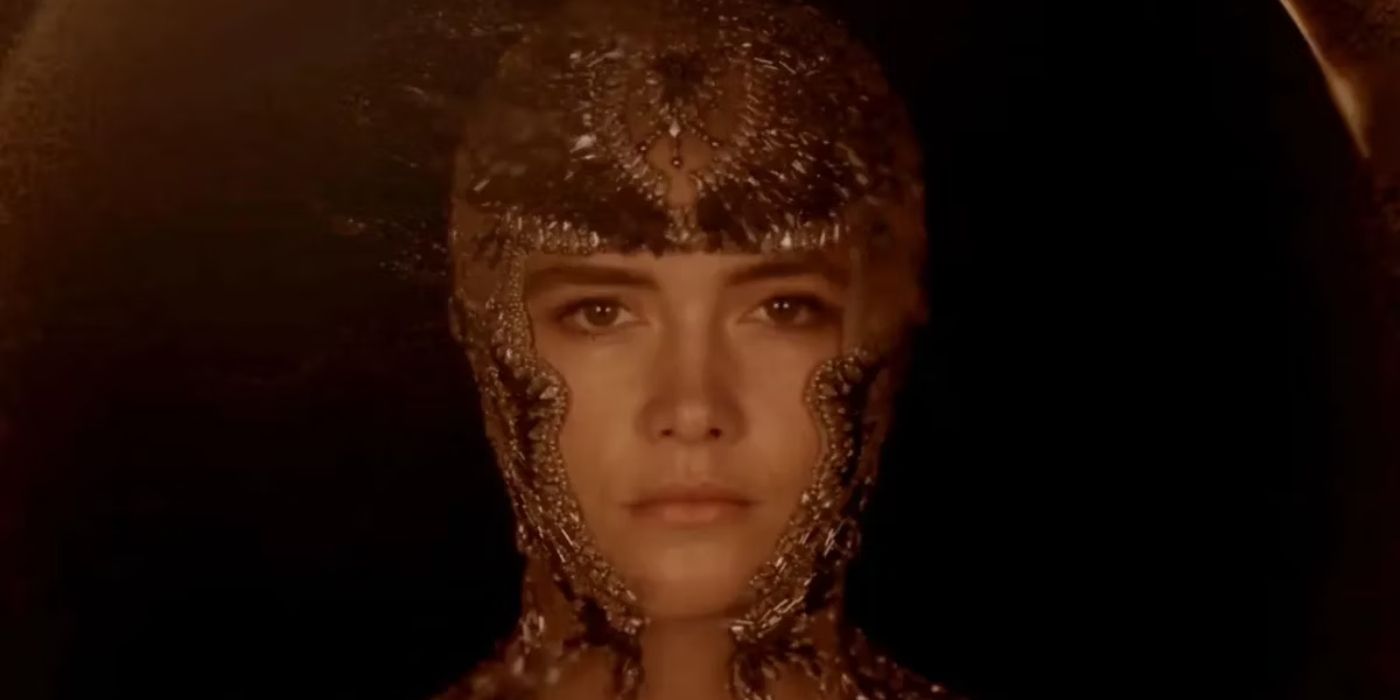
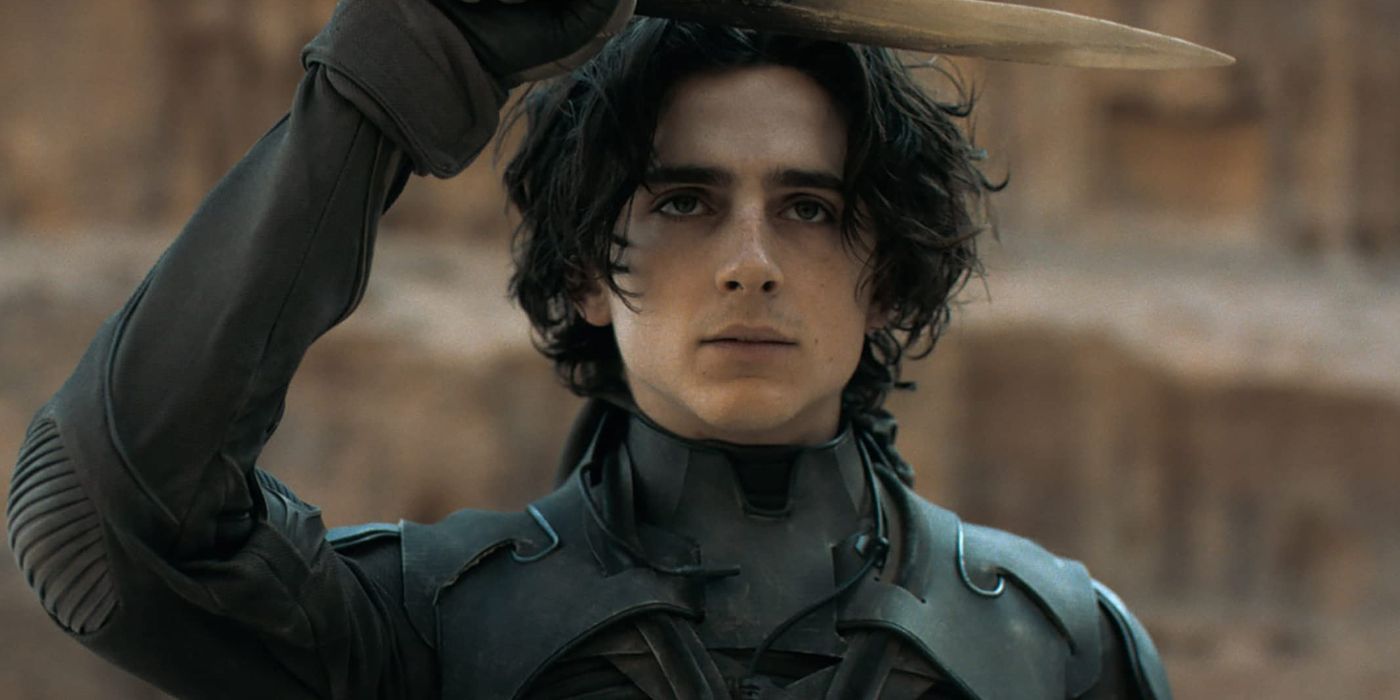






As part of his plan, Paul lures Emperor Shaddam IV to Arrakis by revealing he’s still alive. He then leads an all-out assault on Shaddam IV’s armies. By riding massive sandworms and utilizing their atomic warheads, Paul and the Fremen overpower Emperor Shaddam IV’s forces and enter the throne room. Paul then kills the Baron and demands Shaddam IV surrender the throne or fight him for it. The psychotic Feyd-Rautha (Austin Butler), the Baron’s nephew, fights in place of Emperor Shaddam IV but is ultimately killed. Paul subsequently offers to marry Princess Irulan (Florence Pugh), Shaddam IV’s daughter, after having just told Chani that he will love her as long as he breathes.
Through a marriage with Irulan, Paul aims to have a stronger claim as the new emperor, which he believes will help persuade the other great houses to side with him. Now acting out of a desire for power, Paul remains blind to the effect his actions have on the one person he claims to love most.
While Chani clearly loves Paul, she has continuously questioned the motives behind the prophecy, believing it was meant to enslave her people. Her fears only grow stronger after Paul embraces his role as the Lisan al Gaib, and his agreement to marry Irulan seems to sever their bond. It’s clear Paul loses Chani because he is no longer who he once was. Because of this, she leaves him and sets out back toward the desert. While her plans remain unclear to the audience, the anger in her eyes would suggest she knows what she’s doing and where she plans to go next.
The Holy War Begins
Having defeated Shaddam IV, Paul naturally lays claim to the throne. However, the other great houses, who remain in orbit above Arrakis, refuse to accept his ascension. As such, this means war for Paul, and he orders the Fremen to “lead them to paradise,” which means he plans to blow up the spice fields. As Jessica looks on with her unborn daughter, she proclaims the Holy War, the final step in the Lisan al Gaib prophecy, has begun. However, what such a declaration means for the fate of Paul and the Fremen is still uncertain. In line with its predecessor, Dune: Part Two ends with an epic cliffhanger that feels more like the start of a new chapter.
Each of Paul’s visions of the future ultimately came to fruition, the good and the bad. Whether he fully understood them or not, they inevitably became a reality even when he attempted to prevent them from happening. As such, his vision of his soon-to-be sister, Alia Atreides (Anya Taylor-Joy), on the beach in front of a vast ocean on Arrakis sets up the possibilities for what might unfold in the franchise’s future. While there has yet to be solid confirmation of a third Dune film, it’s likely on the way. Dune: Part Two is playing in theaters now.

